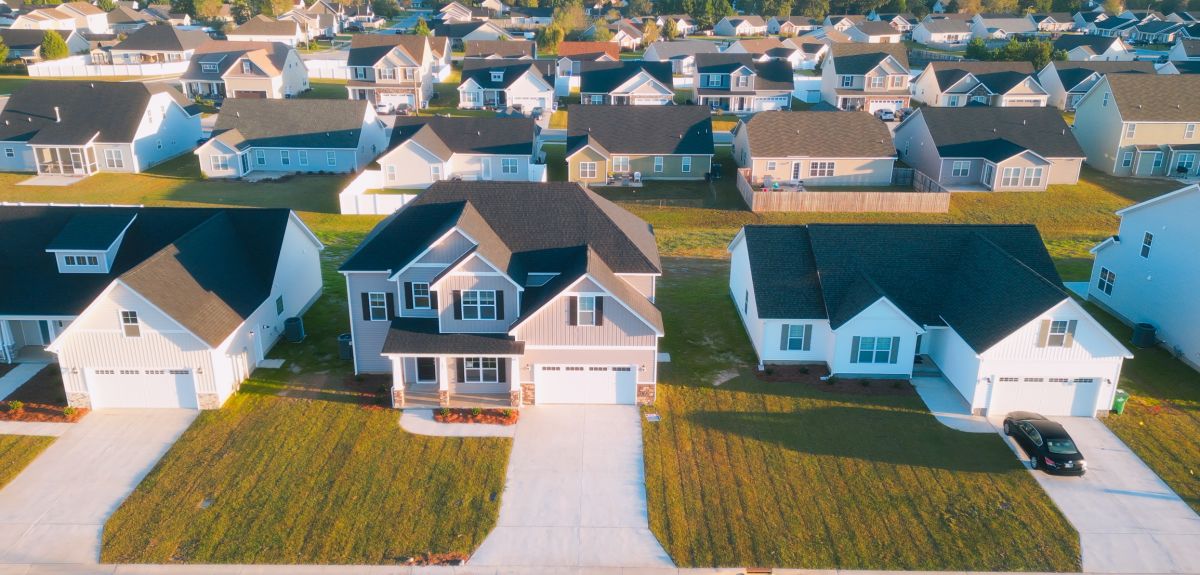
How Homeownership Boosts Life Expectancy for 20th Century Black and White Men
Dr. Casey Breen from Oxford's Leverhulme Centre for Demographic Science conducted a study published in the journal _Demography_, revealing that homeownership in the early 20th century added years to the life expectancy of Black and White American men. The study found a 0.36-year increase in life expectancy for Black male homeowners, and 0.42 years for White counterparts. This suggests that policies expanding homeownership among Black Americans may narrow the racial life expectancy gap. The research also highlights historical disparities in homeownership, with White Americans almost twice as likely to own homes compared to Black Americans due to systemic issues like slavery and racism. By analyzing linked data from the 1920 and 1940 census with social security mortality records, and employing a sibling-based identification strategy, the study assessed the impact of owning a home on life expectancy from ages 24 to 35. While a home's financial value seemed to have little effect, benefits like stronger community ties, psychological well-being, and improved living conditions were significant. The study controlled for education, race, income, marital status, and family background, yet acknowledges limits due to its specific demographic focus.